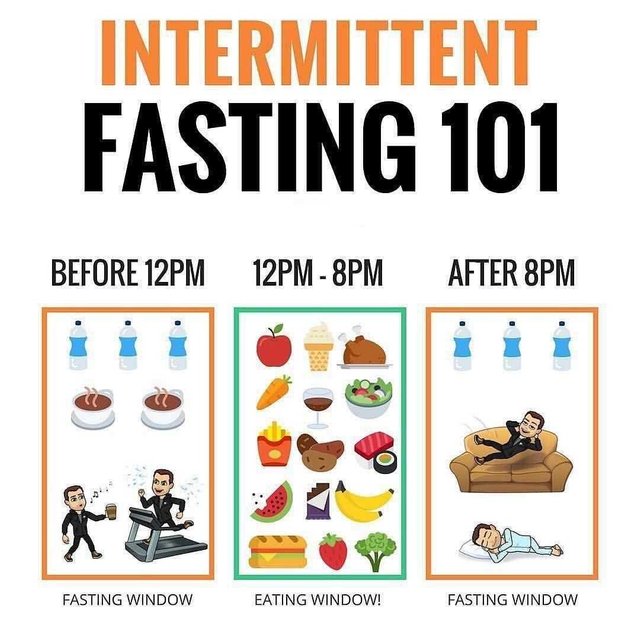Science of fasting
Fasting has been in integral part of Indian culture and Hindu mythology since age long but science has accepted the concept now in the whole world.

Science has studied the effect of fasting on human health and longevity of life.
fasting is the practice of limiting calorie intake to a certain period of time generally between 8-12.
**benefits **
- Proection from obesity And associated chronic diseases by limiting calorie intake
- Improves fitness
- Causes detoxification
- Enhance heart health by reducing blood pressure and bad cholesterol level
- Improves brain function and immune system
- Aids weight loss
- Increases level of growth hormone which plays a vital role in growth, metabolism and weight loss
- delay aging
- Fasting causes degeneration of cancer causing cells
**how does it work? **
Our digestive system works in a particular rhythm like it works to the fullest when we eat Something as it has to digest to food we ate.
When the digested food gets absorbed by different organs, the digestive system goes in **standby ** mode and becomes active again when we eat something.
When the system finishes it's work after the last meal we eat, it does some self Maintenance work.
Now if we eat something may it be a small cup of ice cream mid-night, the maintenance gets disturbed which affects the whole body systems.

**side effects **
Fasting should be done according to individual body needs and limitations otherwise it may cause some side effects like-
- In diabetics or a person with low blood sugar, fasting may lead to major changes in blood sugar level which may be dangerous
- It may cause dehydration if not keept your body hydrated
- It may lead to nutritional deficiencies if proper nutrient rich food is not taken during eating period
So consultation to a dietitian or a doctor should be done before a planned fasting to improve the effects of it.